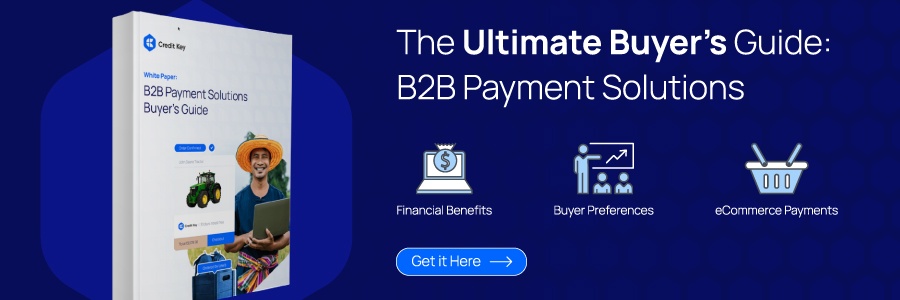When we think about robots, we often think about big, metallic, and often scary machines with hyper intelligence bent on the destruction of the human race. You know, like the Terminator, HAL 9000, etc. But in today’s modern business, robots are actively being used to make businesses more efficient. And the more efficient a business is, the bigger its bottom line.
Certainly, the manufacturing sector has been using robots for some time, such as industrial robots in manufacturing and production plants and Amazon’s warehouse robots used in its pick and pack operation. These aren’t the only types of robots that a B2B merchant might deploy, though. When we take a broader look, we can see that automation is actually being more widely developed and used in a variety of industries than robots. Some of these examples follow the more traditional use of robots, but new ones are cropping up almost every day, offering
Let’s take a closer look at some of the more novel ways automation and robots are being used to help grow businesses, and how they might benefit you.
Marketing Automation
Whether your business is in light or heavy industry, a manufacturer or a distributor, or other type of B2B e-commerce firm, it’s certain your company needs marketing. And in today’s digitally-driven world, digital marketing means personalization. That is, delivering personalized marketing messages to the right audience at the right time with the goal of increasing conversion rates. Blasting or broadcasting the same message to a larger audience is no longer as efficient as it used to be in the pre-digital era, with many more communication channels today than ever before.
Luckily, marketing automation can help businesses not more effectively reach prospects and convert them into buyers. For example, using a marketing automation system, a business might be able to categorize prospective customers based on their activities on the firm’s website. They can use software to capture where a buyer is in the purchasing process and deliver timely information about the products the buyer has viewed, along with timely deals to entice the buyer into making a purchase. By deploying marketing automation systems like this, B2B sellers can deliver a more personalized experience for each customer and help move them through the sales funnel.
Back Office Operations
When it comes to business operations such as finance and HR, it might seem like there’s not a lot of areas that can be automated. After all, these functions often require human oversight and engagement in ways that robots today simply can’t do. Or can they? One firm in Canada has developed an HR automation system that tracks employee hours, time off, and more. And systems that manage accounting and invoicing functions can be connected to warehouse management systems to help with reconciliation, accounts payable, and accounts receivable. Some of these automations come out of the box on software packages, but companies using legacy software may require custom software development to their systems to exchange data. The bottom line is that companies can save massive amounts of time and human resources devoted to managing many back office functions simply through automation.
Payment Systems
E-commerce without payment systems is like a peanut butter and jelly sandwich without bread; it simply doesn’t work. Today’s B2B buyers expect to be able to shop and finalize purchases quickly and efficiently, yet many B2B firms are still using older payment methods that slow down transactions and make it very difficult to complete a purchase. Granted, B2B purchases are often more complex than, say, buying tube socks on Amazon. But with automation, these types of purchases can actually be sped up and made nearly as easy.
For example, for sellers using Credit Key, buyers who have previously gone through our instant approval process (which itself only takes a few minutes) can automatically be approved for future purchases.
Another form of automation is subscriptions, where a buyer receives a regular shipment of a product each month and is automatically charged for it. Popular in in the B2C world, subscriptions are starting to catch on in B2B as well.
If you’re ready to find ways to reduce friction and better personalize your customer experience, contact us. We’re happy to show you how Credit Key can help automate some tedious tasks and, ultimately, grow your business.
